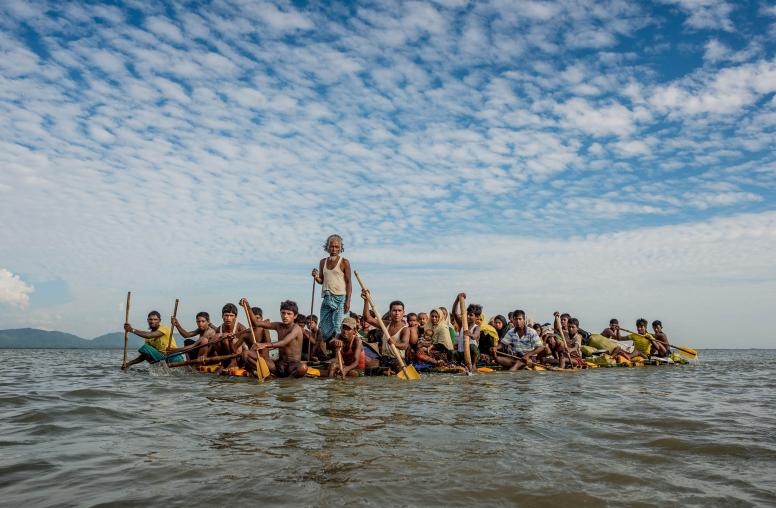Burma's Saffron Revolution - Next Steps
Public event co-sponsored with the Johns Hopkins University School of Advanced International Studies (SAIS) Southeast Asia Program
Forty-five years of military rule have left Burma in a state of arrested political and economic development, largely without the means to break free of the military’s stranglehold and build the foundations of stable, viable democracy. Drawing from a study and observations of conditions before and during the cataclysmic events this August-September, discussion will center on the impact of the saffron revolution protests on the regime domestically and the effectiveness of different forms of international engagement on bringing about change. Five panelists with different backgrounds focus on the critical question: What is to be done?
Speakers
- Priscilla Clapp
Former U.S. Charge d’Affaires, Burma, and author of the USIP Working Paper Building Democracy in Burma - Carla Freeman
China Studies, Johns Hopkins SAIS - Keith Luse
Senate Foreign Relations Committee - Bo Hla Tint
NLD MP-Elect, Minister, Office of the Prime Minister (USA), National Coalition Government of the Union of Burma (NCGUB) - Bridget Welsh
Southeast Asia Studies, Johns Hopkins SAIS - Eugene Martin, Moderator
U.S. Institute of Peace
Archived Audio
To listen to audio or to view video, please click on the links provided below. You also can right click on the links and choose "Save Target As" or "Download Linked File." This will save the file to your computer and then allow you to play it in your media player directly. More Audio Help.
- Listen to the audio from this event.*
2:00:47 - 21.8MB
Audio courtesy of SAIS.



